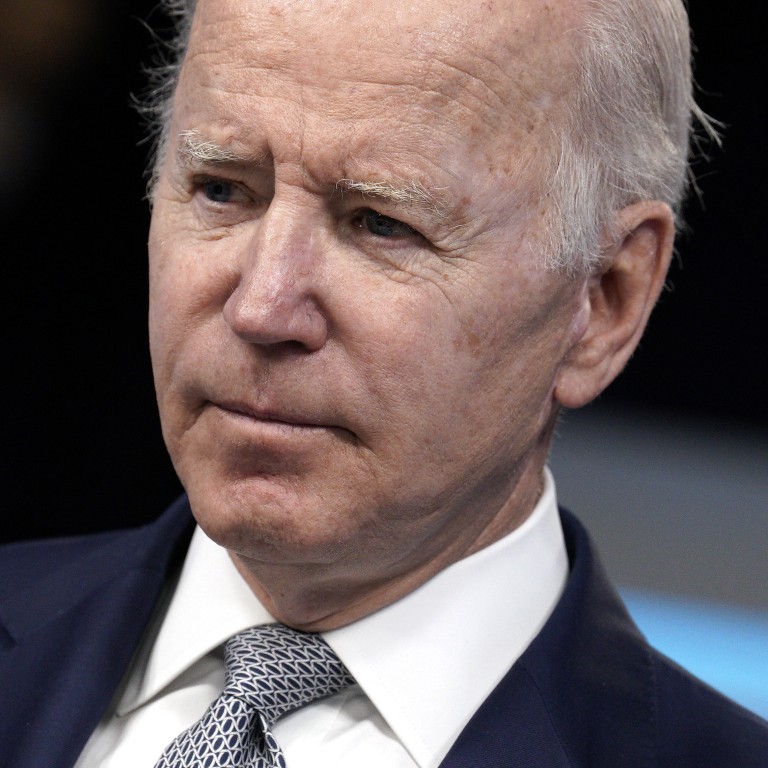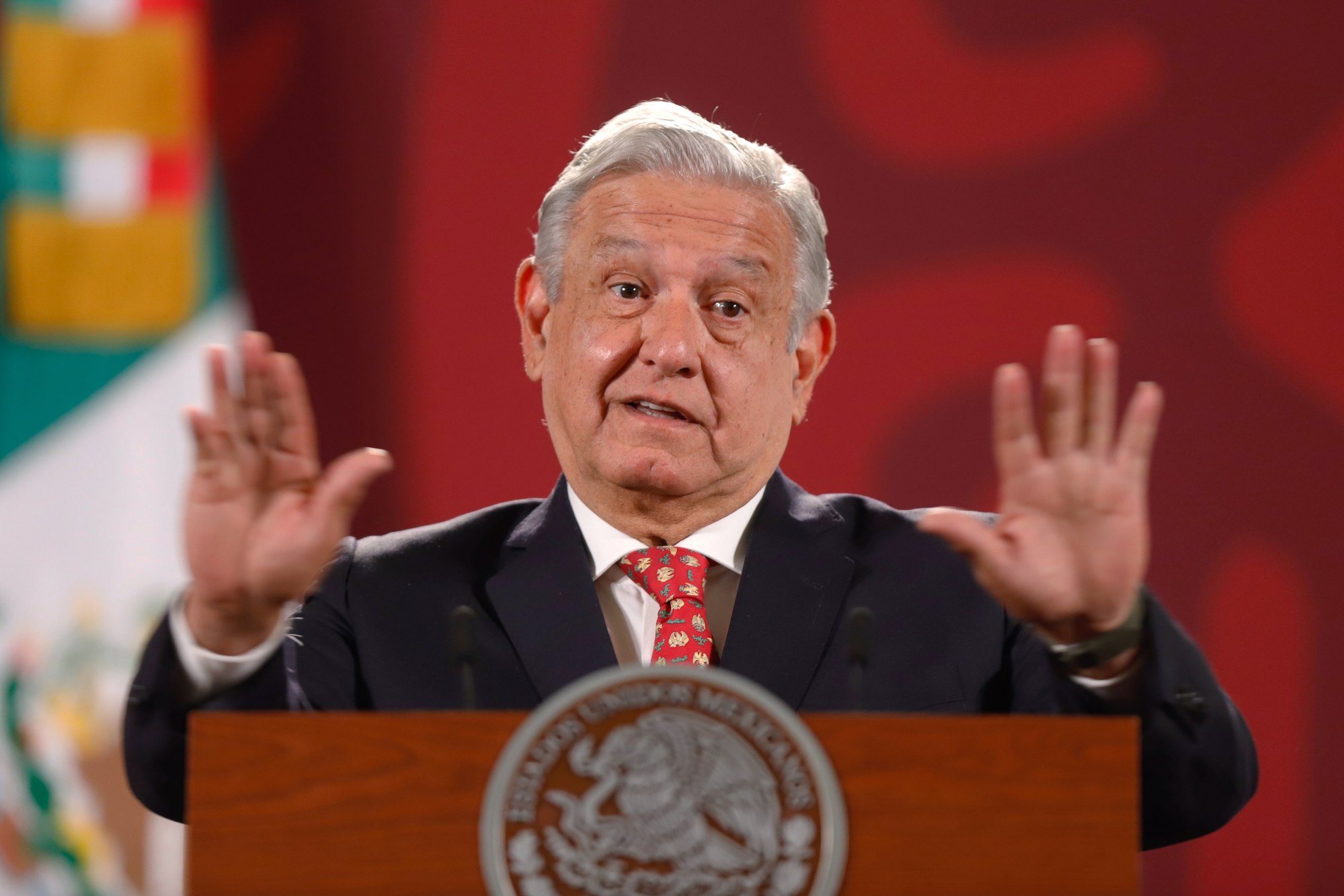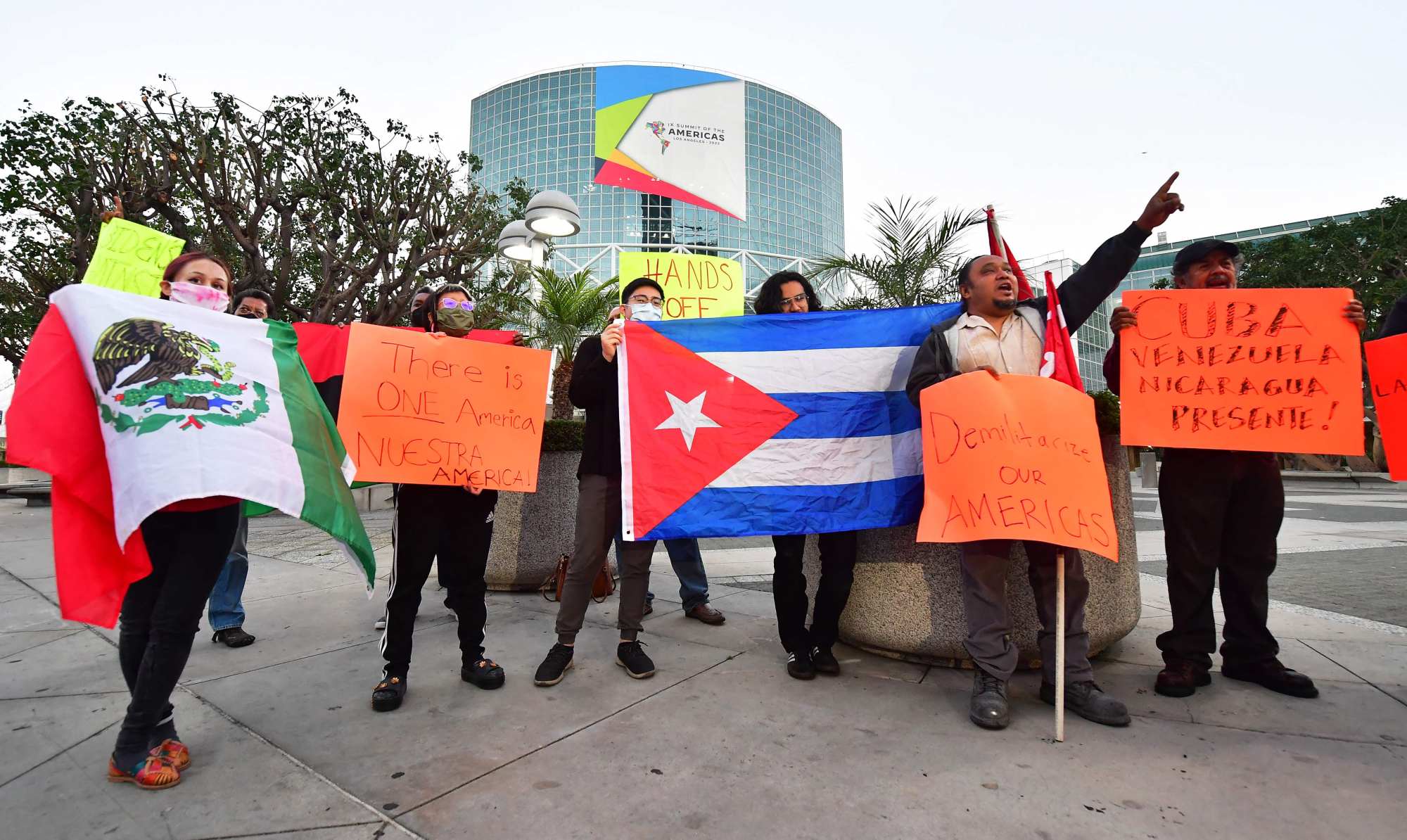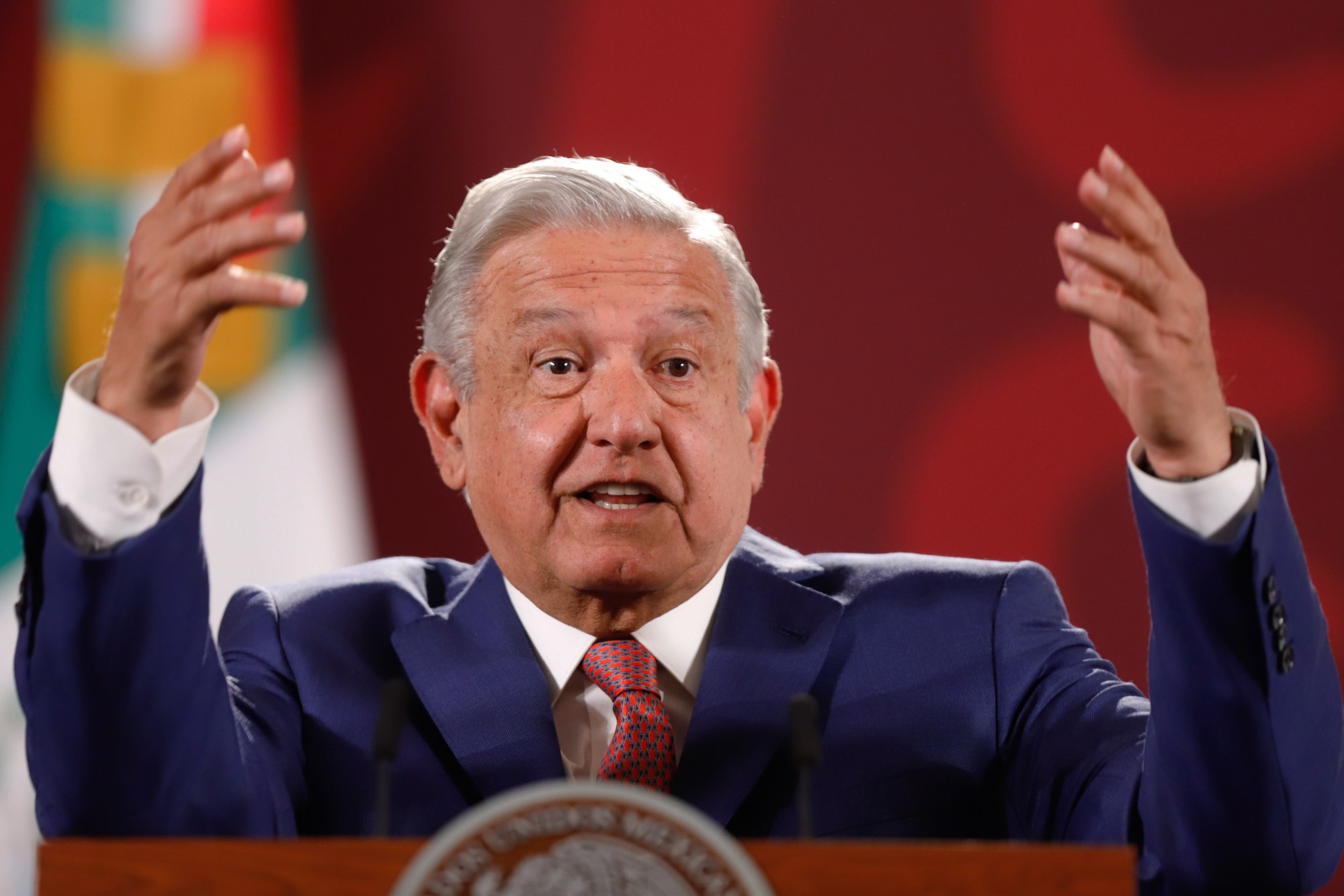
Joe Biden scrambles to avoid Americas Summit flop as boycott clouds US plans
- The United States has excluded authoritarian leaders from Cuba, Venezuela, Nicaragua from regional summit
- Mexico’s president Lopez Obrador said Monday he will not attend, in protest against exclusion of the other three countries
When leaders gather this week in Los Angeles at the Summit of the Americas, the focus is likely to veer from common policy changes – migration, climate change and galloping inflation – and instead shift to something Hollywood thrives on: the drama of the red carpet.
With Mexican President Andres Manuel Lopez Obrador announcing on Monday he would stay at home to protest the US’ exclusion of authoritarian leaders from Cuba, Nicaragua and Venezuela, experts say the event could turn into an embarrassment for US President Joe Biden.
Even some progressive Democrats have criticised the administration for bowing to pressure from exiles in the swing state of Florida and barring communist Cuba, which attended the last two summits.
“The real question is why the Biden administration didn’t do its homework,” said Jorge Castaneda, a former Mexican foreign minister who now teaches at New York University.

“I’m not going to the summit because they are not inviting all the countries of America and I think it is necessary to change the policy that has been imposed on us for centuries: exclusion,” said Lopez Obrador in his daily press conference on Monday.
He said Foreign Minister Marcelo Ebrard would be representing Mexico in his place.
“You cannot have a Summit of the Americas if you do not have all the countries of the Americas attending,” Lopez Obrador added. “Or you can have it, but we see that as the old policy of interventionism, lack of respect for nations and their people.”
Cuba’s President Miguel Diaz-Canel announced he would not attend even if invited, while Guatemala’s conservative leader Alejandro Giammattei pulled out after Washington sanctioned his top prosecutor.
While the Biden administration insists the president will outline his vision for a “sustainable, resilient, and equitable future” for the hemisphere, Castaneda said it was clear from the last-minute wrangling over the guest list that Latin America is not a priority for the US.
“This ambitious agenda, no one knows exactly what it is, other than a series of bromides,” he said.
One US official, speaking on condition of anonymity, conceded preparations were “messier than we envisioned”.
Lower-level events were to begin on Monday, then leaders start to arrive. Biden is due in on Wednesday to formally open the first US-hosted summit since the inaugural gathering in 1994, in Miami.
With China’s influence expanding, most nations have come to expect – and need – less from Washington. As a result, the premier forum for regional cooperation has languished, at times turning into a stage for airing historical grievances, like when the late Venezuelan leader Hugo Chavez at the 2009 summit in Trinidad & Tobago gave President Barack Obama a copy of Eduardo Galeano’s classic tract, The Open Veins of Latin America: Five Centuries of the Pillage of a Continent.
The US opening to former Cold War adversary Cuba, which was sealed with Obama’s handshake with Raul Castro at the 2015 summit in Panama, lowered some of the ideological tensions.
“It’s a huge missed opportunity,” Ben Rhodes, who led the Cuba thaw as deputy national security adviser in the Obama administration, said recently in his “Pod Save the World” podcast. “We are isolating ourselves by taking that step because you’ve got Mexico, you’ve got Caribbean countries saying they’re not going to come – which is only going to make Cuba look stronger than us.”
To bolster turnout and avert a flop, Biden and Vice-President Kamala Harris have been working the phones in recent days, speaking with the leaders of Argentina and Honduras, both of whom initially expressed support for Mexico’s proposed boycott.

Former senator Christopher Dodd has also criss-crossed the region as a special adviser for the summit, in the process convincing far-right Brazilian President Jair Bolsonaro, who was a staunch ally of Trump but has not once spoken to Biden, to belatedly confirm his attendance.
Ironically, the decision to exclude Cuba, Nicaragua and Venezuela wasn’t the whim of the US alone. The region’s governments in 2001, in Quebec City, declared that any break with democratic order is an “insurmountable obstacle” to future participation in the summit process.
The governments of Cuba, Nicaragua and Venezuela are not even active members of the Washington-based Organisation of the American States, which organises the summit.
“This should’ve been a talking point from the beginning,” said former undersecretary of state for political affairs Tom Shannon, who in a long diplomatic career attended several summits. “It’s not a US imposition. It was consensual. If leaders want to change that, then we should have a conversation first.”
After the last summit in Peru, in 2018, which Trump didn’t even bother to attend, many predicted there was no future for the regional gathering. In response to Trump’s historic pull-out, only 17 of the region’s 35 heads of state attended.

Few saw value in bringing together for a photo-op leaders from such dissimilar places as aid-dependent Haiti, industrial powerhouses Mexico and Brazil and violence-plagued Central America – each with their own unique challenges and bilateral agenda with Washington.
Marcos Caramuru, a former Brazilian ambassador to China and Malaysia, said he did not expect the summit to yield a major improvement in diplomatic relations, arguing that Latin America simply did not matter as much as Asia to Washington.
“Asia is much more important, because it is closer connected with US security and China containment,” Caramuru said.
Additional reporting by Reuters, AFP

